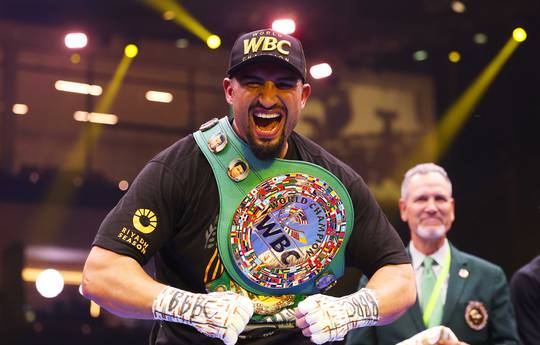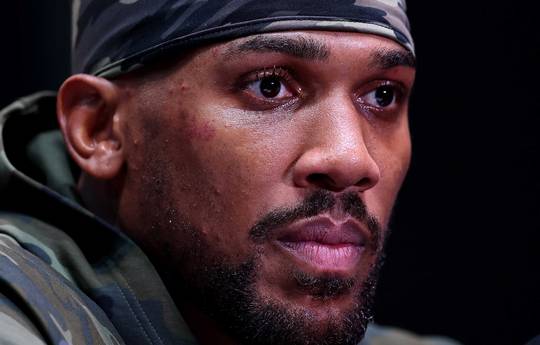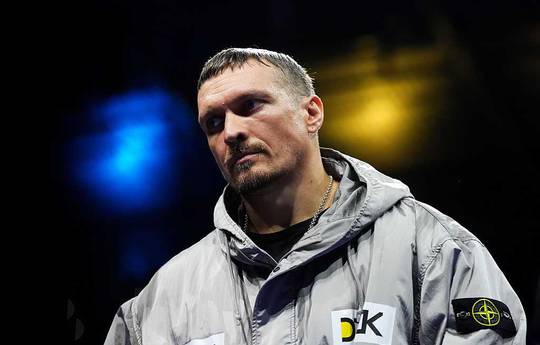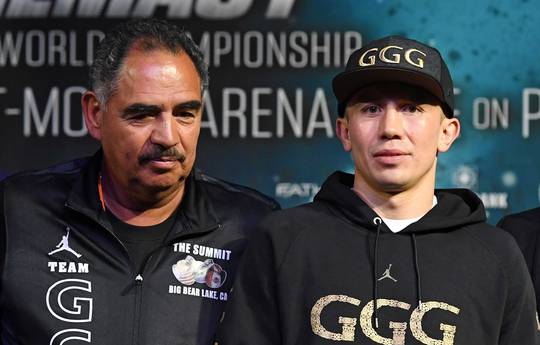Female boxers face disqualification at the World Boxing Championships in Liverpool this week. The organizers banned several fighters, including Olympic gold medalist Imane Khelif, for not submitting genetic sex tests on time.
World Boxing, the event's organizer, set new rules requiring PCR-based testing to confirm chromosomal sex for eligibility. All female competitors over 18 must now undergo these mandatory genetic sex tests to ensure they can participate.
The French Boxing Federation expressed outrage at the situation. They said:
"It is with stupefaction and indignation that the French team learned ... the French women's boxing team would not be able to compete... Despite guarantees given ... the laboratory which they recommended to us was not up to the task of delivering the results on time. ... As a result our athletes ... have been caught in this trap and excluded."
Maelys Richol, one of the affected athletes, shared her frustration:
"After an entire year of work we find ourselves thrown out not for sporting reasons but because of disastrous and unfair management. It is extremely tough to absorb."
World Boxing countered by placing responsibility on national sides. They stated:
"Since World Boxing first announced its plan ... testing will be the responsibility of the national federations ... It is very disappointing for the boxers that some of the national federations have not been able to complete this process in time ... which means that some athletes have not made it through the entry process. We are sorry some boxers did not meet the deadline for results of testing but the rules and deadlines were published."
Imane Khelif, an Algerian Olympic champion, appealed to the Court of Arbitration for Sport (CAS) to overturn the requirement for genetic sex testing. CAS declined to suspend the ruling during the appeal process, officially barring Khelif from this year's championships.
In contrast, all ten women from India, including Olympic medalists Lovlina Borgohain and Nikhat Zareen, cleared testing and confirmed their eligibility.
The new rules have created a logistical minefield and raised ethical concerns. Promising athletes now find themselves sidelined due to delayed bureaucratic compliance rather than performance issues. This situation puts mounting pressure on the sport to refine its approach to inclusion and justice for all competitors.






